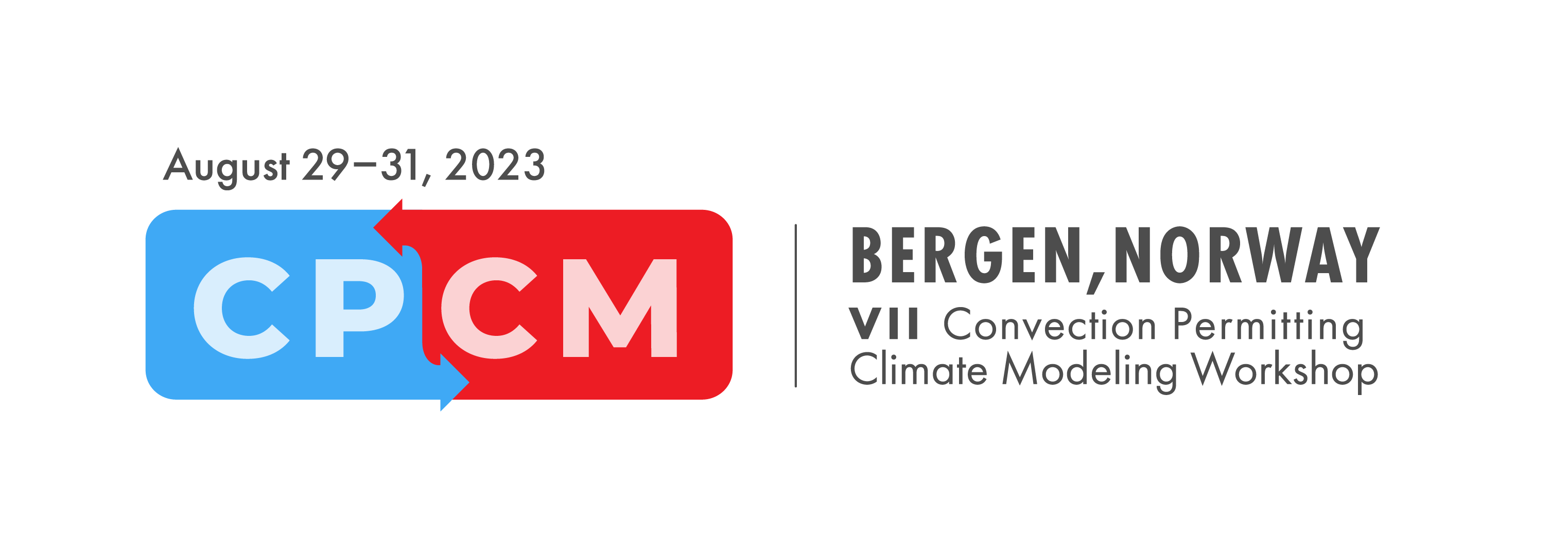The series of workshops ‘Convection-Permitting Climate Modeling (CPCM)’ is devoted to all climate modeling activities at the convection-permitting resolution. This is the resolution where there is no need to parametrize convection and it is solved directly by the dynamics of the atmosphere (namely below 5 km). The workshop covers climate modeling at the global and regional scales from model development to state-of-the-art climate studies to impacts assessments.
The use of a horizontal resolution fine enough to explicitly solve convection provides a more realistic representation of multiple aspects of the climate such as extreme precipitation phenomena, land-atmosphere interactions, topographic effects, etc. This in-turn can improve the reliability of assessments of climate change impacts at local to regional scales.
The workshop is an open forum to discuss the latest in model development, such as: use of new HPC paradigms as GPU/ARM processors, new coding methodologies and languages, model construction strategies and hardware requirements. It also encompasses discussions around the application of convection-permitting models for climate and impacts studies and their use in developing robust regional climate information. In this edition we aim to strengthen the focus on, and participation from, the vulnerability, impacts, adaptation and climate services (VIACS) community and bridge the gap between science and society.
